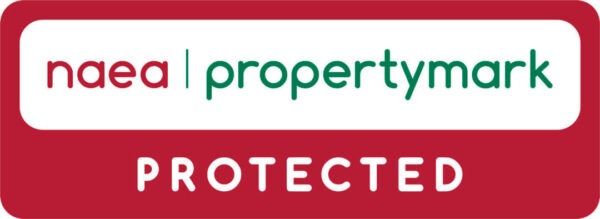The chancellor has announced a temporary holiday on stamp duty on the first £500,000 of all property sales in England and Northern Ireland..
The tax threshold has been temporarily raised until next March to boost the property market and help buyers struggling because of the coronavirus crisis.
The changes have come in with immediate effect.
What is stamp duty?
Stamp duty is a tax paid by people buying properties, although it varies slightly across the UK.
In England and Northern Ireland buyers pay Stamp Duty Land Tax.
In Scotland it is Land and Buildings Transaction Tax, while in Wales buyers pay Land Transaction Tax.
The amount handed to the government depends on where you are in the UK, and the price of the property.
The changes to stamp duty will only apply to buyers in England and Northern Ireland.
- Stamp duty holiday: The winners and the losers
- House prices ‘fall for first time in eight years’
- Nationwide caps mortgage lending due to virus
What has changed?
The government has temporarily increased the stamp duty threshold to £500,000 for property sales in England and Northern Ireland, until 31 March 2021,
Anyone completing on a main residence costing up to £500,000 between 8 July and 31 March will not pay any stamp duty, and more expensive properties will only be taxed on their value above that amount.
This will save buyers as much as £15,000, if they are buying a property of £500,000 or more.
The move is aimed at helping buyers who have taken a financial hit because of the coronavirus crisis.
It is also intended to boost a property market hit by lockdown. According to the Halifax, house prices have fallen for four months in a row.
The average stamp duty bill will fall by £4,500, Chancellor Rishi Sunak has suggested, with nearly nine out of 10 people buying a main home this year paying no stamp duty at all.



